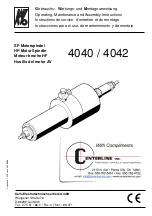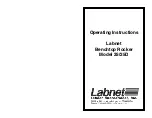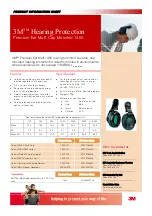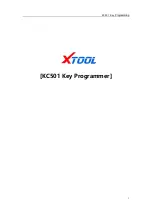
G2S BPAP Series User Manual V2.1
37 / 43
22. Troubleshooting
The table below lists common problems you may have with the device and possible solutions
to those problems. If none of the corrective actions solve the problem, contact your home
care provider.
WARNING!
• Due to sensor performance degradation or loose equipment performance degradation,
resulting in abnormal use or other problems, please stop using and contact the
manufacturer.
22.1 Common Problems in Patients and Corresponding
Solutions
Problem
Possible Cause
Solution (s)
Dry, cold, runny,
and
blocked
nose; having a
cold
The nose reacts to the airflow
and cold. Due to fast airflow,
the air becomes cold, leading
to nasal mucosa irritation and
subsequent
dryness
and
swelling
Increase the humidity setting of
the humidifier.
Contact
your
physician,
and
continue treatment unless the
physician suggests the opposite
Dry mouth and
throat
Probably because the patient
sleeps with his or her mouth
open, and the pressurized air
goes out via the mouth, leading
to nasal and throat dryness
Use a chin strap to prevent the
mouth from opening during sleep,
or use a full-face mask. Contact
your physician for details
Eye irritation
The mask size or model may
not be correct, or the mask is
not
positioned
correctly,
thereby leading to air leakage
Narrow the distance between the
forehead support of the mask and
the forehead. Note that adjusting
the mask too tight may leave
markings on the patient’s face.
Add additional filling to the mask
so it does not leak.
Contact your equipment supplier
for an appropriate mask. Add
additional filling to the mask if
necessary
Mask cushion (the soft part of
the mask) hardens
Replace the mask or mask cushion
Facial reddening
The mask is too tight
Loosen the headgear
The distance between the
forehead support of the mask
and the forehead is not
correct
Try a different distance. The angle
and size of the forehead support
differ according to the type of
masks
Wrong mask size
Contract your equipment supplier
for a correct-size mask








































